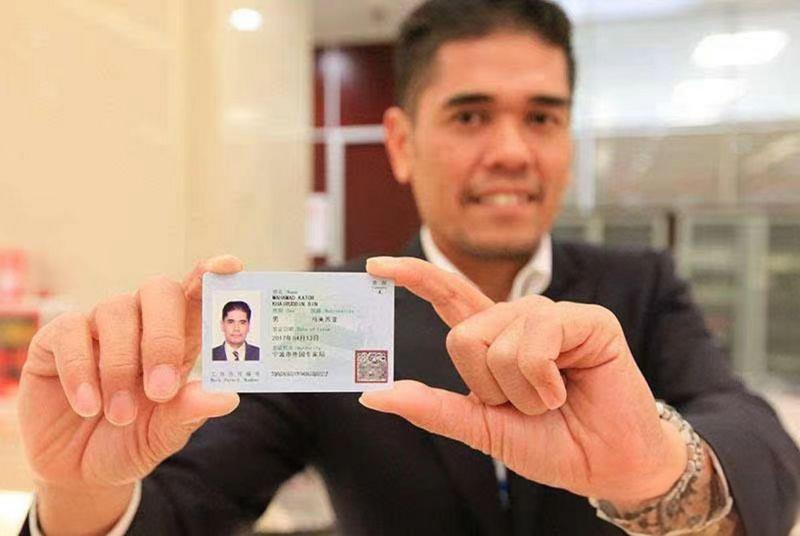 If changes occur to an overseas investment project that has already been filed for ODI (Outward Direct Investment), such as alterations in the equity structure or business scope of the overseas company, it is necessary to promptly apply for a change of filing with the relevant authorities.
If changes occur to an overseas investment project that has already been filed for ODI (Outward Direct Investment), such as alterations in the equity structure or business scope of the overseas company, it is necessary to promptly apply for a change of filing with the relevant authorities.When changes occur to an overseas investment project, they must be handled in accordance with relevant laws, regulations, and procedures. Below is the general process for handling changes:
-
Assess the nature of the change: First, the investing entity needs to assess the nature and impact of the change, including changes in the number of investors, investment location, main content and scale of the investment, and changes in the Chinese investment amount.
-
Prepare relevant documents: Based on the specific nature of the change, prepare the corresponding documents and proof materials, such as investment decision-making documents, investment agreements, proof of funding sources, financial statements, and equity structure diagrams.
-
Submit a change application: Submit a change application to the original filing or approval department, which usually includes the application documents for changes to the overseas investment project and relevant attachments.
-
Review process: After submitting the change application, the relevant authorities will review the changes. If the changes comply with legal, regulatory, and policy requirements, the authorities will approve the changes.
-
Foreign exchange change registration: If the change involves changes in funds, it is necessary to go to the bank to handle the foreign exchange change registration for overseas investment, providing the necessary documents and proof materials.
-
Update filing or approval documents: Once the change is approved, the relevant authorities will update the project’s filing or approval documents to reflect the changed situation.
-
Notify relevant departments: After the change is approved, the investing entity needs to notify relevant departments such as commerce, foreign exchange, customs, and the provincial government’s development and reform department.
-
Comply with laws and regulations: During the change process, the investing entity must strictly comply with Chinese laws and regulations and must not threaten or harm China’s national interests and national security.
-
Report significant adverse situations: If significant adverse situations occur during the implementation of the project, the investing entity must submit a significant adverse situation report form to the relevant departments as required.
-
Project completion report: After the project is completed, the investing entity must submit a project completion report form within the specified time.
Please note that the above process is a general guideline based on Chinese laws, regulations, and policies. Specific operations may vary depending on the actual situation and local policies. It is recommended to consult a professional legal advisor or relevant departments when handling changes to ensure compliance with all legal and regulatory requirements.








